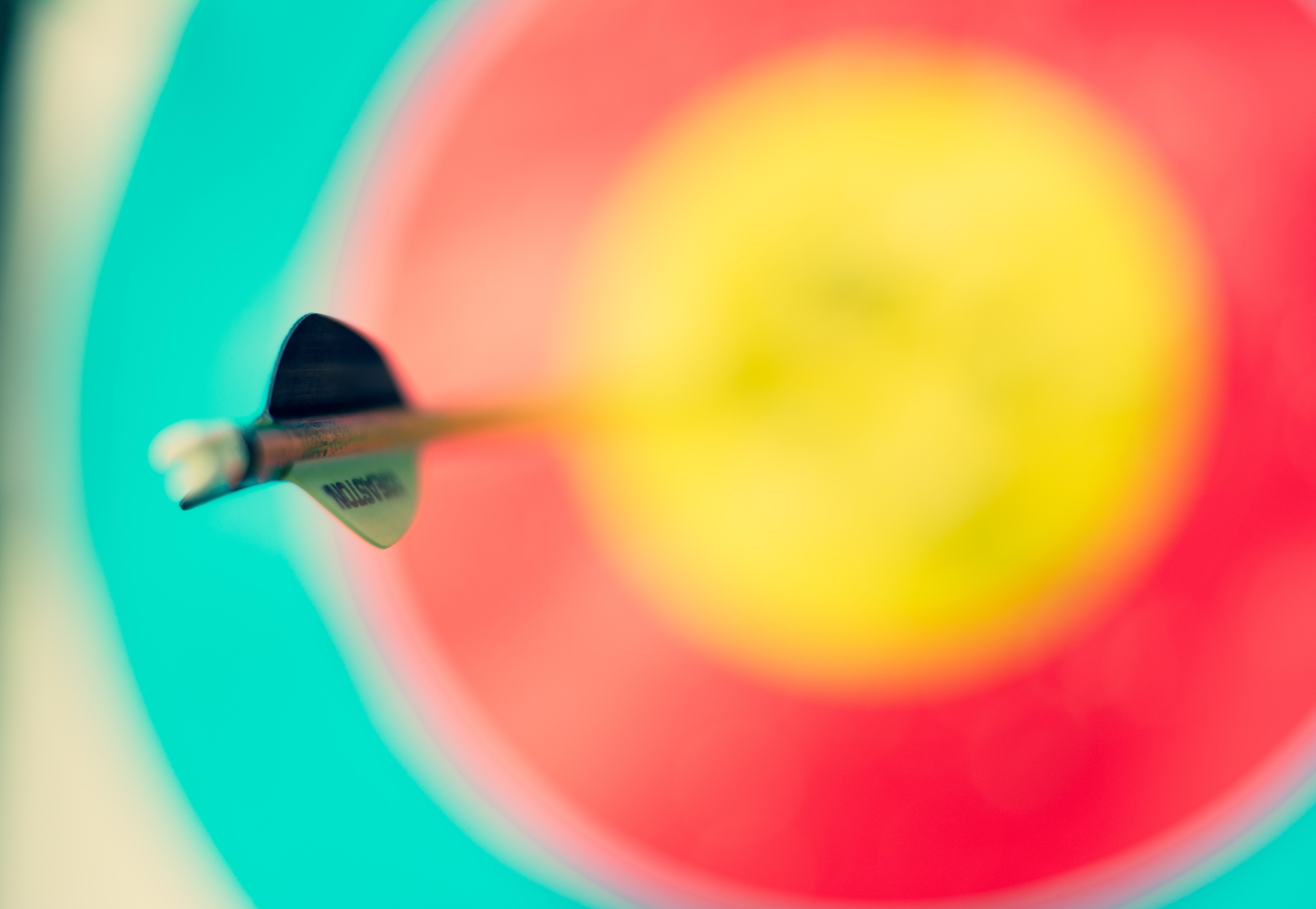
digital-wellbeing
July 27, 2023Why Too Much Focus Time Can Kill Focus Time
In our pursuit of productivity and efficiency, we often believe that dedicating excessive focus time to our tasks is the key to accomplishing more. However, as counterintuitive as it may seem, too much focus time can actually backfire, negatively impacting our ability to concentrate and diminishing overall productivity.
In fact, exceeding your weekly goal for focus time can have both positive and negative effects, depending on how it is managed and the individual's circumstances. So no, more in this case doesn't always mean better.
The Myth of Endless Focus:
Focus time, when used wisely, is a precious resource that allows us to immerse ourselves fully in our tasks. Yet, the notion of marathon focus sessions can lead us astray. Just like physical endurance, mental stamina has its limits. Prolonged focus without adequate breaks can lead to mental fatigue, reducing our ability to concentrate effectively.
Here are some potential outcomes to consider when going beyond your focus hours goals, which can range from positive to negative.
Let's start with the good side:
- Increased productivity: Exceeding your focus time goal may result in accomplishing more tasks and being more productive throughout the week.
- Enhanced skills: Spending more time on focused tasks can lead to improved skills and expertise in specific areas.
- Accomplishment and motivation: Achieving more than your goal can boost your sense of accomplishment and motivation to continue performing well.
Now the not-so-good side:
- - Burnout: Excessive focus time without adequate breaks can lead to burnout, leaving you mentally and physically exhausted.
- - Reduced quality: If you sacrifice quality for quantity, the work you produce might not meet the desired standards.
- - Neglected well-being: Focusing too much on work may neglect other aspects of life, such as family, social life, hobbies, and personal wellbeing.
- - Diminished creativity: Lack of downtime and relaxation may hinder creativity and problem-solving abilities.
- - Health issues: Prolonged periods of focus without breaks can lead to physical issues like eye strain, headaches, and posture problems.
So to strike a balance between these two sides, consider the following tips:
- Balance your focus time with regular breaks to prevent burnout and maintain productivity.
- - Set realistic goals that challenge you without causing excessive strain.
- - Prioritize your well-being by incorporating exercise, hobbies, and relaxation into your routine.
- - Ensure you're getting enough sleep to support cognitive functioning and overall health.
- - Monitor your progress and adjust your goals if necessary.
-
The Importance of Taking Breaks:
Contrary to the misconception that taking breaks is time wasted, research suggests that incorporating regular breaks into our workday is essential for maintaining focus and creativity. Short breaks allow our brains to recharge, prevent burnout, and enhance long-term productivity.
For instance, you can leverage the Pomodoro technique here, a popular time management method, advocates working in focused intervals followed by short breaks. By adopting this approach, you can enhance your focus during work periods and experience greater mental clarity, all while being mindful of your wellbeing and the importance of recharging regularly.
Moreover, humans always thrive on novelty and diversity. Rotating between different tasks or projects and breaks can keep our minds engaged and invigorate our focus. Monotony can lead to diminished focus and a decreased sense of accomplishment.
After all, we all have unique rhythms and energy patterns, this is why discovering our optimal focus time can involve trial and error. Experimenting with different work intervals and observing our productivity can help us identify the ideal balance between focused work and rejuvenating breaks.
Remember, everyone's capacity for focus and productivity varies, so it's essential to find a balance that works best for you personally. Regularly reassess your goals and adjust them based on your experiences and outcomes.
Thank you for the registration
You are now subscribed to our newsletter